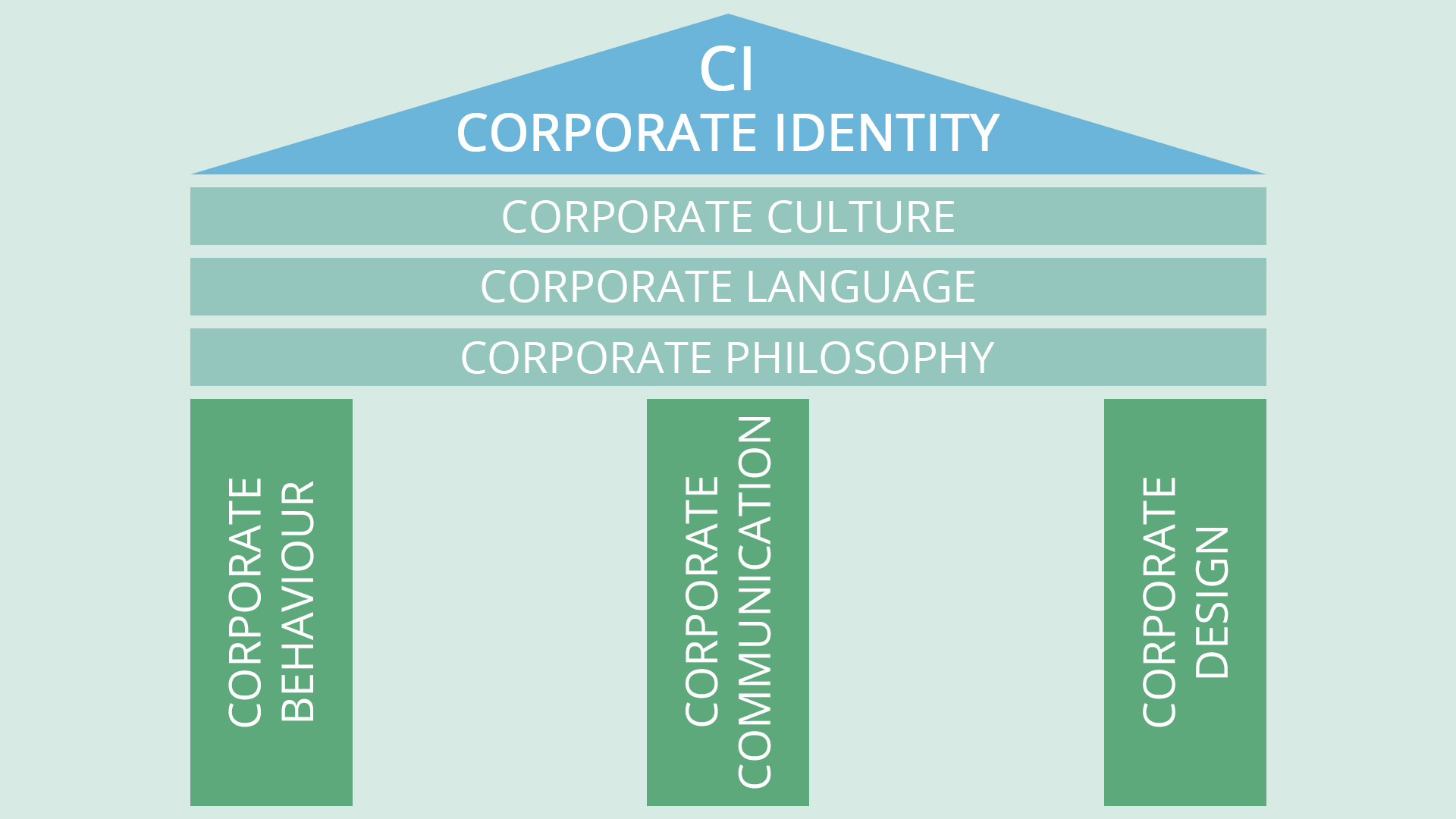Marketing campaigns are targeted measuresmanufacturers and service providers can use to bring their products or services closer to their target group. The number of possibilities grows with the Range of digital marketing channels. However, this raises the question of which options are particularly promising and which components in the Marketing mix should not be missing. Learn how to step by step plan successful marketing campaigns.

Marketing campaigns at a glance
Marketing campaigns can be distinguished in various dimensions, over which Period they are carried out, which Marketing channels and which instruments are used and which Subject they have (for example, a product to be promoted).
Well thought-out and target group-oriented measures, suitably coordinated, are the basis of marketing campaigns. Simply increasing the intensity or the number of hits of marketing activities is not sufficient, especially since many addressees find this annoying. To the Success factors therefore belongs to a accurate conception, the Selection of suitable marketing channels and a Continuous analysis of the success based on the objective.
Cornerstones of a successful marketing campaign
A successful marketing campaign takes into account a precise selection
- the sender,
- of the advertised objects, products or services,
- of marketing tools,
- the communication channels and
- of the target group.
When selecting these aspects, it is advisable to orient oneself to the position of the Customers or interested parties in the Sales Funnel an. This marketing model refers to the Customer Journey of the interested party from the initial contact to the purchase or conclusion of the contract.
Depending on the respective position in the sales funnel, channels, marketing instruments, content and visual design as well as other aspects must be aligned. The highest marketing effectiveness results from a coherent coordination of all these components.
The Selection of these factors is so individual as the products being advertised and the target group being courted. But the following characteristics can be generalized as success factors of a marketing campaign:
- Attention grabbing design
- Alignment with the target group: added value and relevance for the prospects
- Concise and memorable content
- Coherent and consistent design of the components
- Credible presentation
The campaign combines several marketing tasks in one time-limited measure. It therefore goes hand in hand with greater effort than the other multiple and separate use of individual marketing instruments.
Tasks and steps of the successful marketing campaign
When it comes to planning a successful marketing campaign, there are several steps to consider. Each of these can be considered a prerequisite for the following step. The following successive steps form the basis for the creation of the campaign:
- Analysis of the status quo
- Target formulation and selection of the target group
- Strategic planning and conception (including budgeting)
- Selection of marketing tools and channels
- Selection and design of the message
- Timing and implementation
Planning marketing campaigns first requires a comprehensive analysis of the initial situation. Here, both the subject of the campaign as well as the Target group as well as the general conditions play a role. The current status of the product to be promoted or the company image to be improved must be taken into account in the analysis. It is also important to include the competition and its position in the situation analysis. This is a prerequisite for the subsequent target formulation.
Planning a marketing campaign: the objective
The initiators of the campaign should contact the Determination of the campaign goals become clear about what they want to have achieved at the end of the campaign. The goals are defined as dynamic to be considered, i.e. they can change in the course of the Campaign planning change. On the basis of the preceding analysis, it may become apparent, for example, that in order to position a product, it is first necessary to communicate a new corporate image.
For example, a company with a rather conservative image will find it difficult to market a product as innovative or novel. In a marketing campaign targeting image, for example, the example company can focus attention on past progressive achievements or products.

An important component of the target formulation is the most precise delimitation of the target group. The company should be clear about who it primarily wants to address with the campaign. Knowing the target group and its needs is a important basis for the later step of formulating the core messages of the campaign.
Plan and budget marketing campaign costs
Once the goals are known, it comes to the demanding step of strategic planning. An important part of this is planning the costs incurred for the campaign. The Budgeting should take into account all activities that arise in connection with the campaign.
In view of the large number of actors and measures, accompanying cost control is important.
The distribution of the cost burden among the actors, instruments and measures involved requires precise planning of the individual activities.
Channels and marketing tools
Planning marketing campaigns means, Coordinate marketing instruments in a well thought-out manner. The framework includes, for example, the Corporate Designincluding logos and other design elements. Slogans are also included. In addition to the design-related framework conditions, time-related framework conditions must also be discussed. Similar to project management, the management of a campaign also involves Coordinate many individual activities with each other and partly also condition each other.

When it comes to selecting marketing channels, the options are numerous, especially in the digital sphere. The channels must be selected and coordinated depending on the target group. In the process, attention must always be paid to a coherent and continuous design to pay attention to. For all measures, the Corporate Design be represented by logos, color selection, slogans and other design elements. This serves the Recognition value.
In addition to today's standard marketing channels of email marketing and Social Media Marketing the importance of traditional, analog measures should not be underestimated. Printed flyers or trade show appearances are valuable communication toolswith which you can support the digital channels in a targeted manner.
Central message of the campaign
When it comes to planning marketing campaigns, the Selection of the central message is of particular importance. The aim here is to convince customers and interested parties of the benefits and added value of the advertised product. So here you define the reasons for which an interested visitor should become a customer.
The message is on unique and concise way to communicate. Here, too, the coordination of elements plays an important role, from the formulation of a catchy message to its embedding in the corporate context.
Implementation of the marketing campaigns
When it finally comes to the implementation of the campaign, the time factor play an important role. Since this is a time-limited action, certain measures must be implemented for a specific time window. Implementation involves the task of distributing the various measures and coordinating their content and timing.
This requires a special sense of timing. Carrying out the right activities at the right time can be of crucial importance for the success of the campaign.

In conclusion, a successful campaign includes the Analysis of the measures taken and evaluation based on the objective. This allows you not only to determine the success of marketing campaigns numerically, but also to important findings and improvements for the next campaigns take along.






